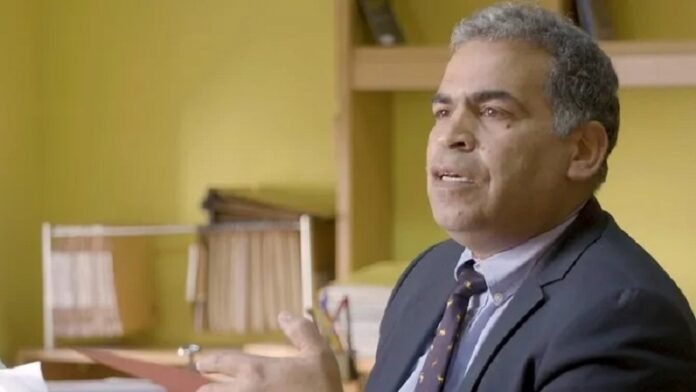By Mr. Hilal Tarko El-Halimi
At the Japan-Africa Union Cooperation Summit, an incident involving Algerian diplomacy sparked controversy, as actions were deemed a threat to the security and stability of states. This event has raised significant questions about Algeria’s credibility and its ability to adhere to international diplomatic standards.
Turning a Cooperation Summit into a Stage for Crises
The summit between Japan and the African Union was supposed to be an opportunity to enhance cooperation and benefit the peoples of the African continent. However, Algerian diplomatic actions turned the meeting into a stage for a diplomatic crisis. Algeria attempted to use the platform to undermine Morocco’s territorial integrity, causing dissatisfaction among many attendees and observers.
What are the real motives behind these actions? Do they reflect a diplomatic strategy where Algeria seeks to achieve specific interests at the expense of regional stability?
Distraction from National Interests with Disruptive Attempts
Instead of focusing on its people’s interests and enhancing cooperation with African countries and Japan, Algerian diplomacy chose to direct its efforts towards disrupting Morocco and hindering its economic and political progress. This behavior raises questions about the Algerian government’s priorities and its commitment to achieving development and stability for its people.
Can these actions be seen as a reflection of internal policies struggling with crises and challenges that the Algerian government seeks to externalize? How should the international community respond to such actions that hinder regional and international cooperation efforts?
Risks to International Security and Trust Between Nations
Algeria’s actions at the summit extended beyond diplomacy, posing a threat to Japan’s security by allowing individuals with forged identities to serve certain agendas. This raises serious concerns about Algeria’s respect for international laws and norms, putting its credibility as a trusted international partner at risk.
What measures should the international community take to ensure such incidents do not recur? Does this require a reconsideration of bilateral agreements and future cooperation with Algeria to safeguard international security and stability?
Calls for Accountability and International Investigations
In light of these developments, voices are rising for comprehensive international investigations to hold those responsible for these violations accountable. The African Union is also urged to take a firm and clear stance against these actions, which tarnish its reputation and hinder its efforts to achieve development and cooperation among member states.
Will there be a tangible response to these demands? How can international organizations like the Arab League and the United Nations contribute to resolving this crisis and ensuring it does not recur in the future?
A Series of Repeated Diplomatic Crises
This incident is not the first of its kind, as Algerian diplomacy has previously been involved in similar diplomatic scandals, such as the entry of the Polisario leader into Spain with a forged identity. These repeated incidents reflect a pattern of controversial diplomatic behavior and raise questions about Algeria’s approach to international affairs.
What are the long-term implications of such behavior on Algeria’s international standing? Will these events prompt other countries to reassess their diplomatic and trade relations with Algeria?
Conclusion: The Need for Adherence to International Standards
This crisis highlights the importance of adhering to international standards and laws in diplomatic practices and the need to focus on achieving national interests through constructive cooperation and mutual respect between countries. Algeria must rethink its diplomatic approach and work on building bridges of trust and cooperation with the international community instead of engaging in practices that harm its standing and the interests of its people.
How will Algeria respond to these criticisms? Will we see a change in its diplomatic policies to enhance stability and cooperation in the region?
Mr. Hilal Tarko El-Halimi President of the Association of Moroccan Lawyers Abroad and President of the Association of Moroccan Lawyers Practicing in Spain


